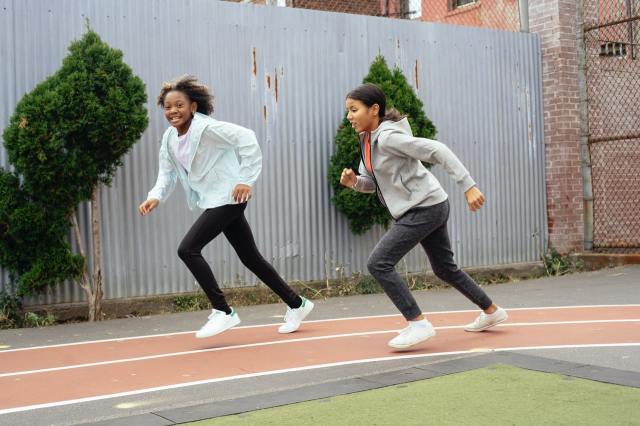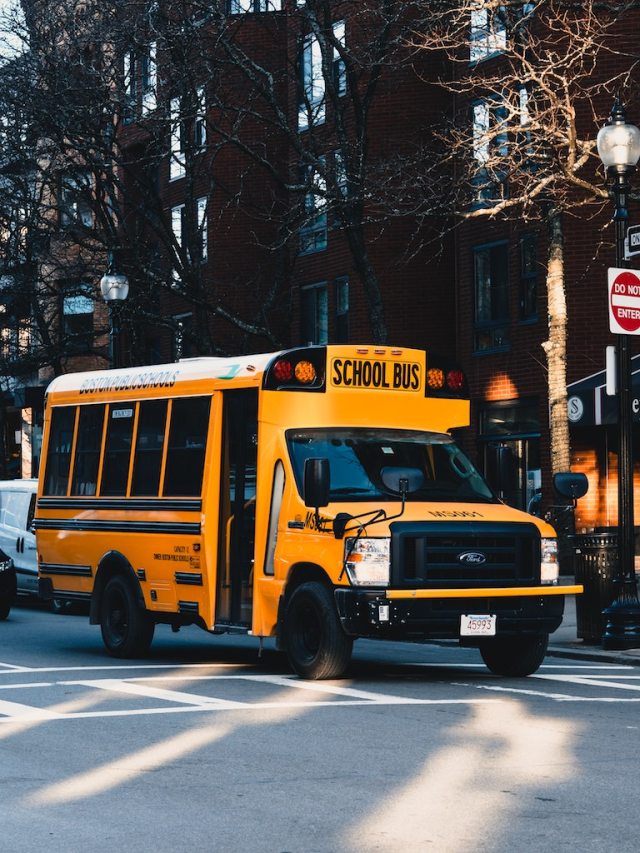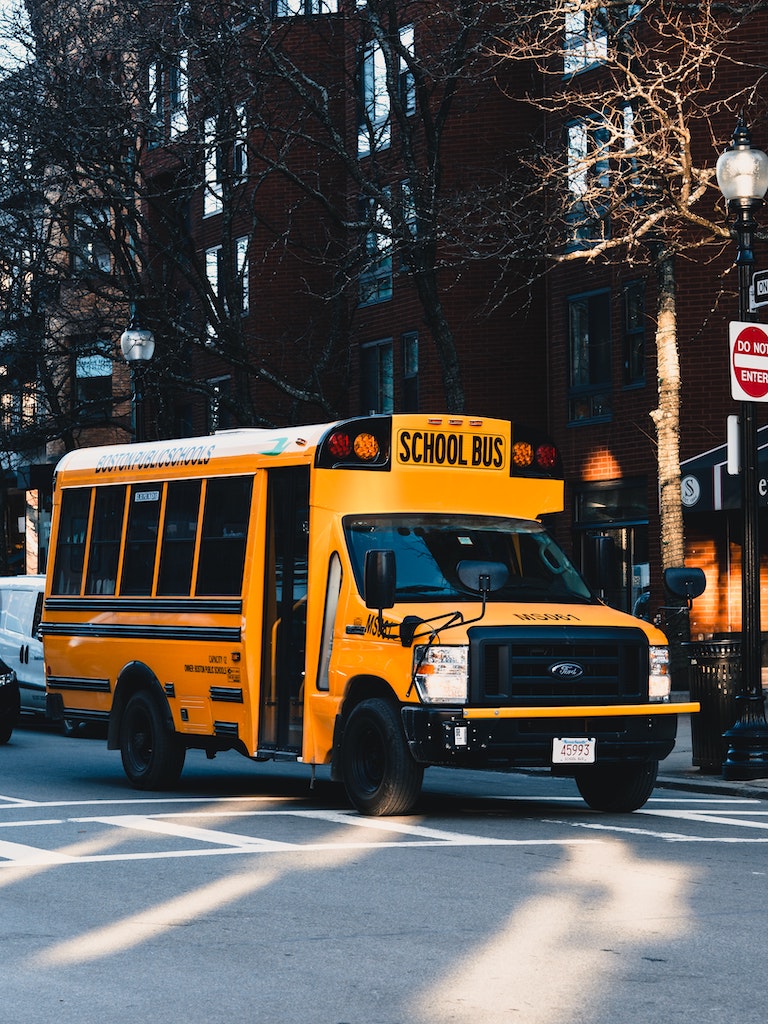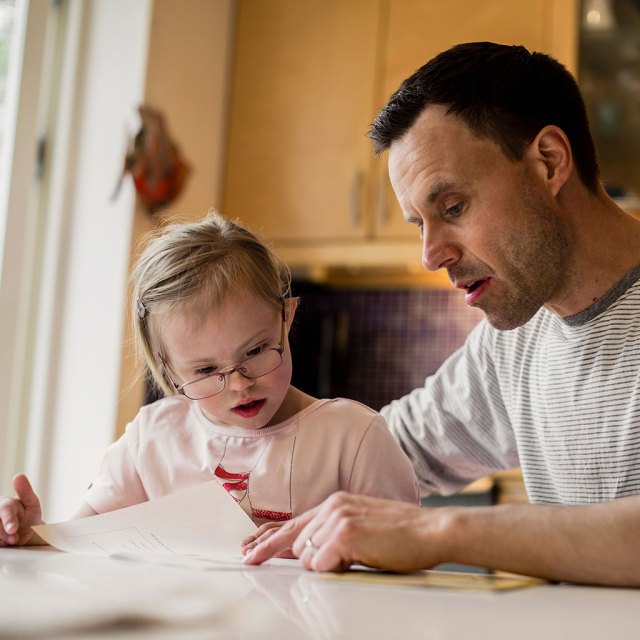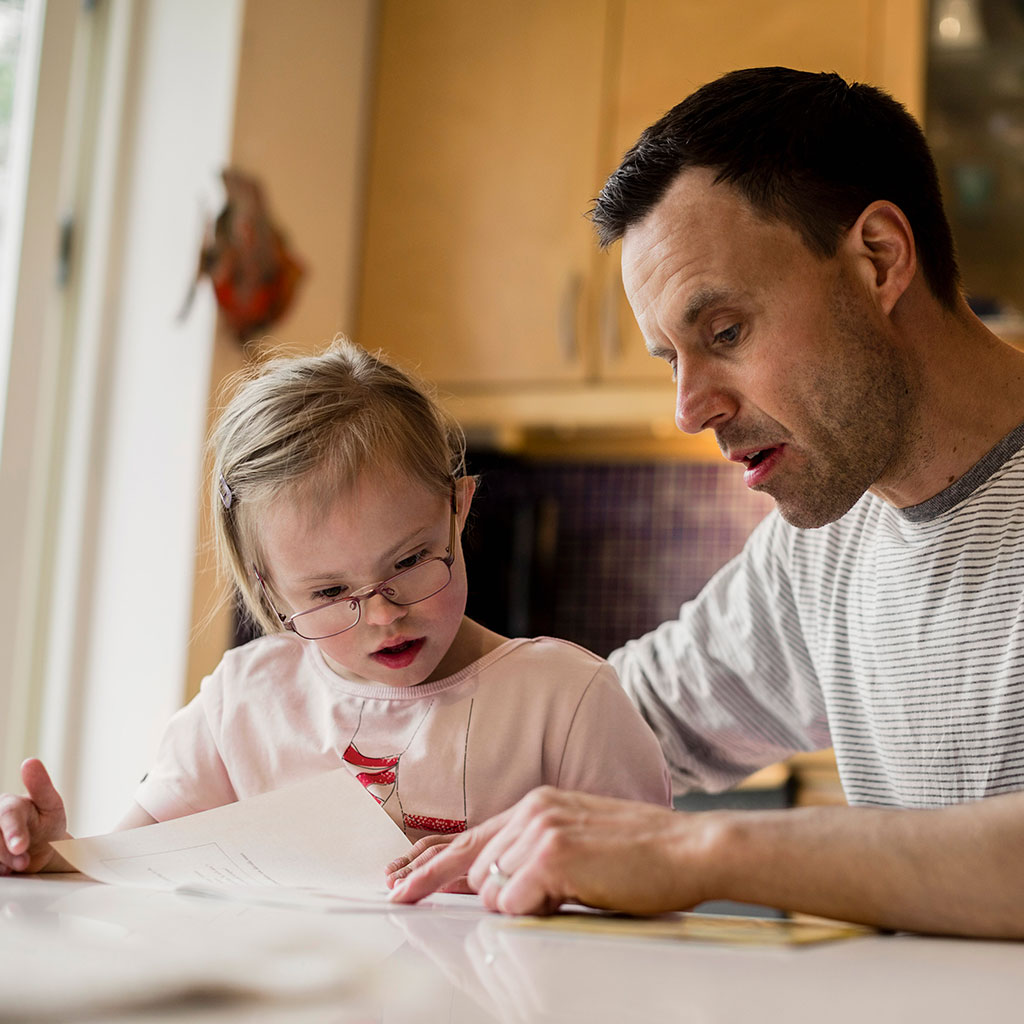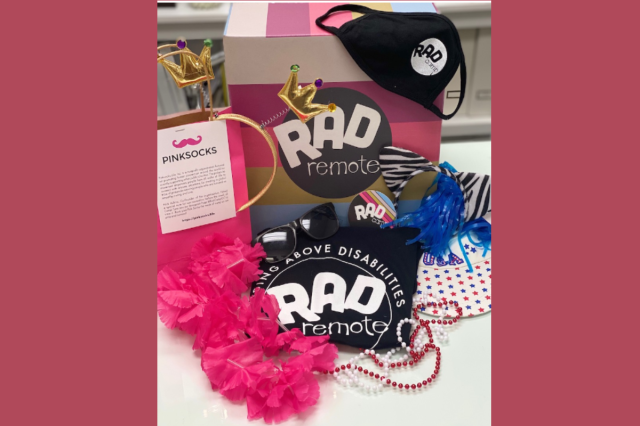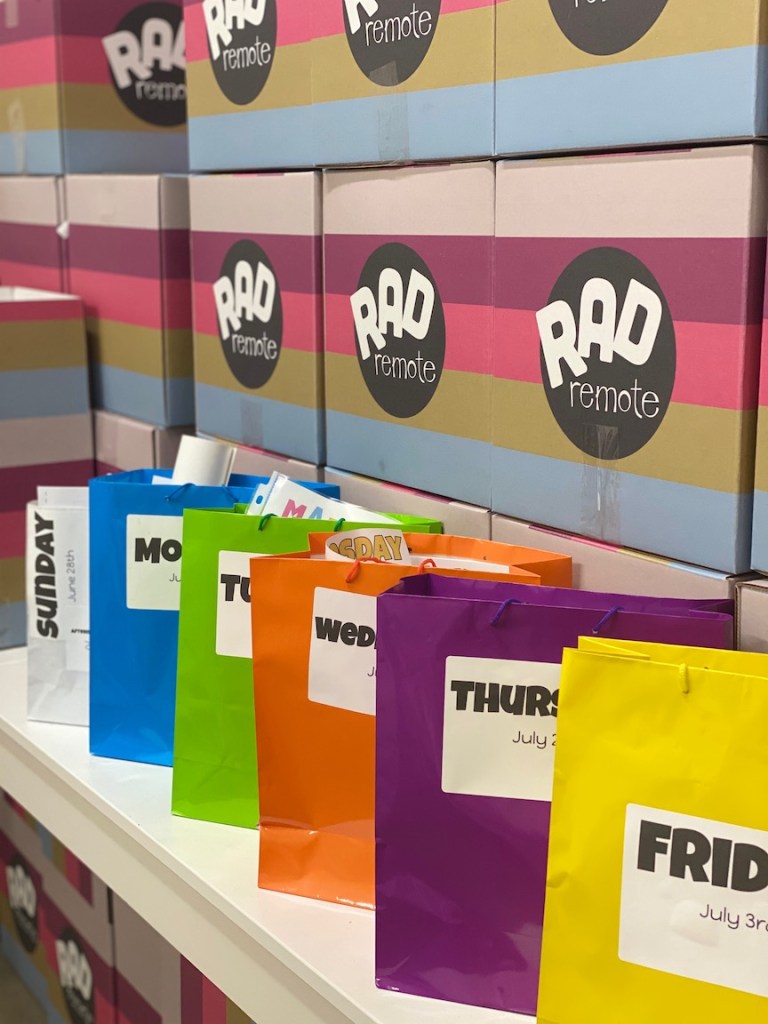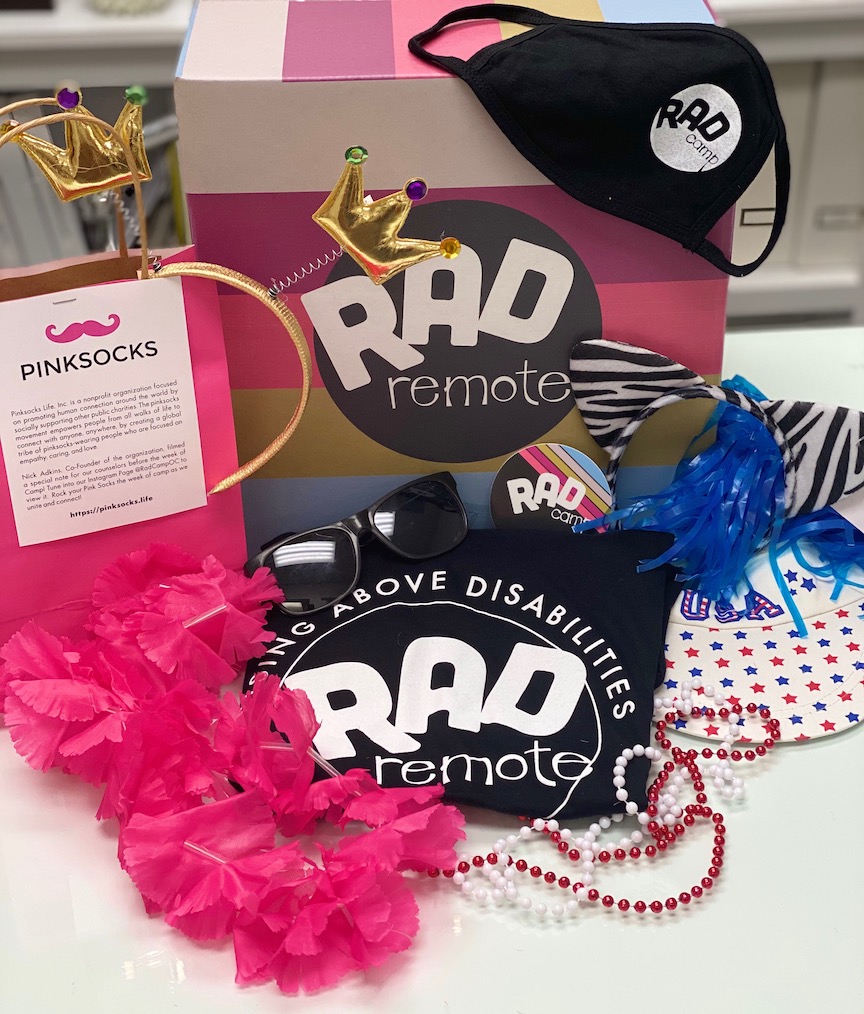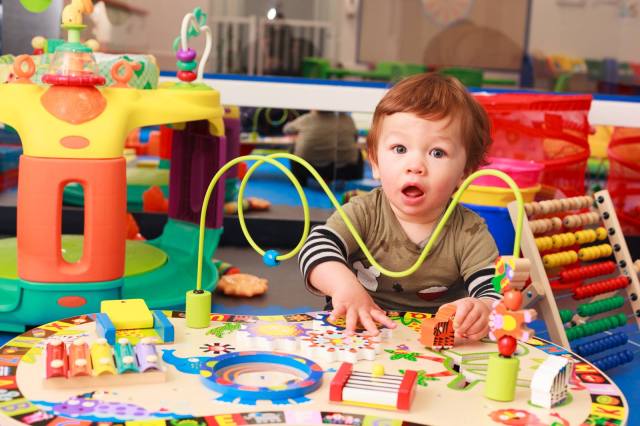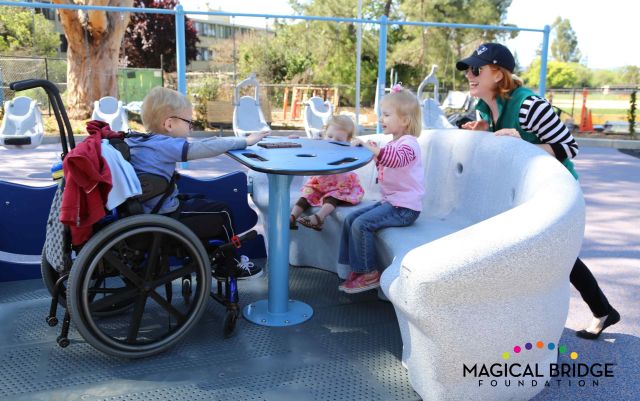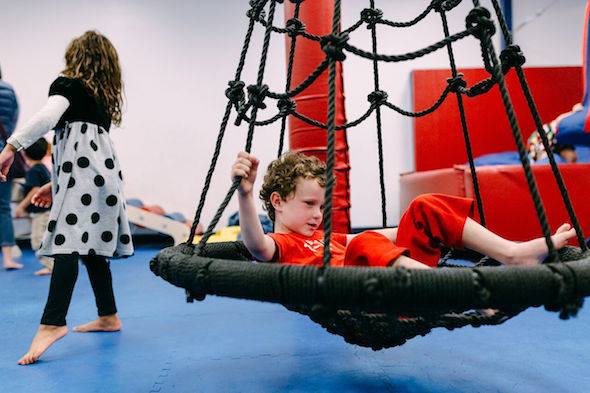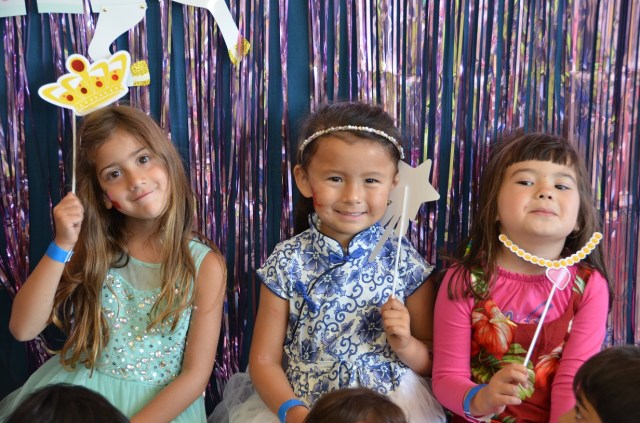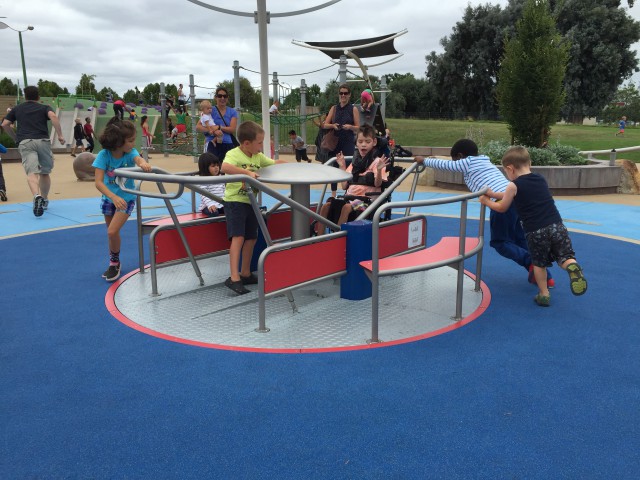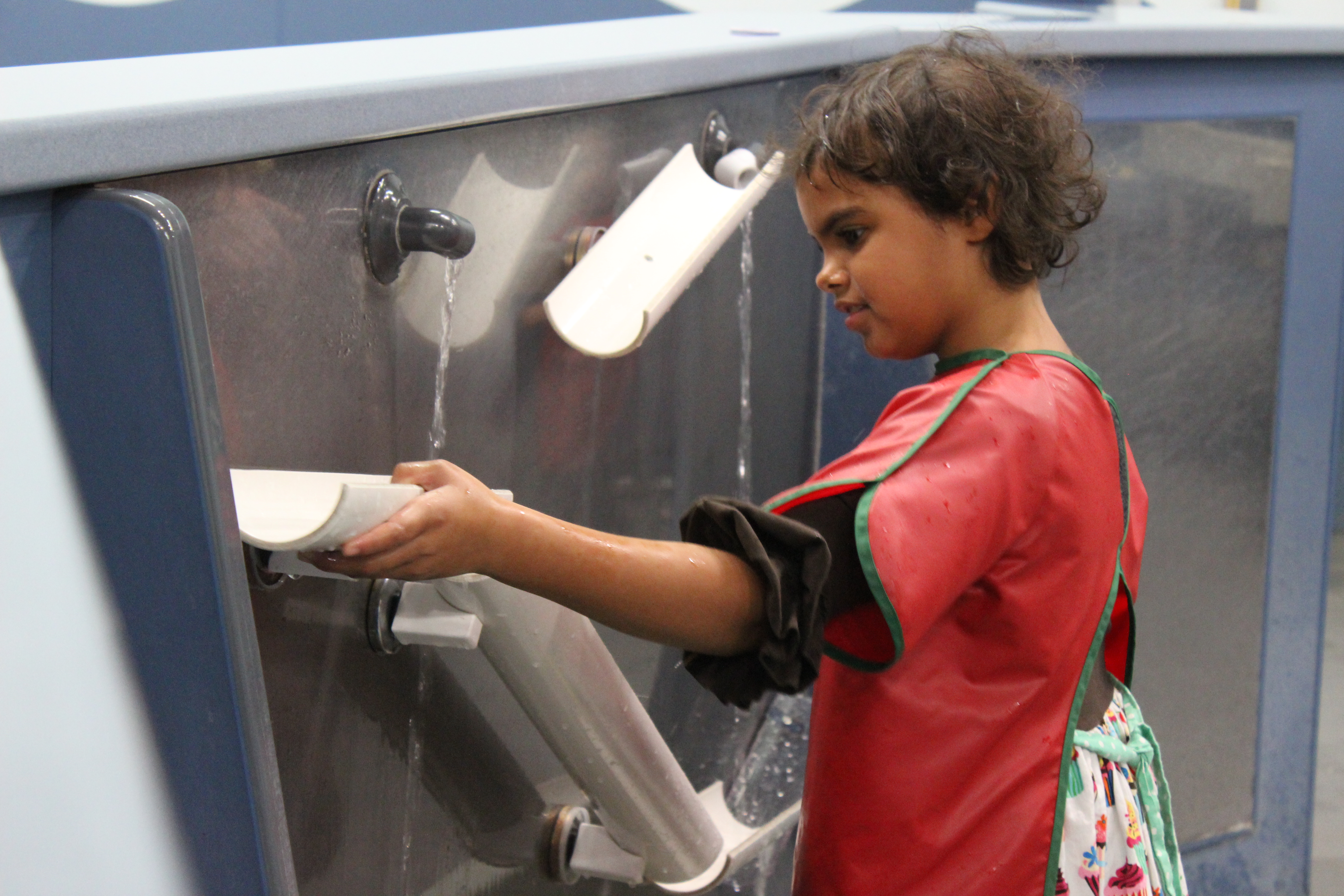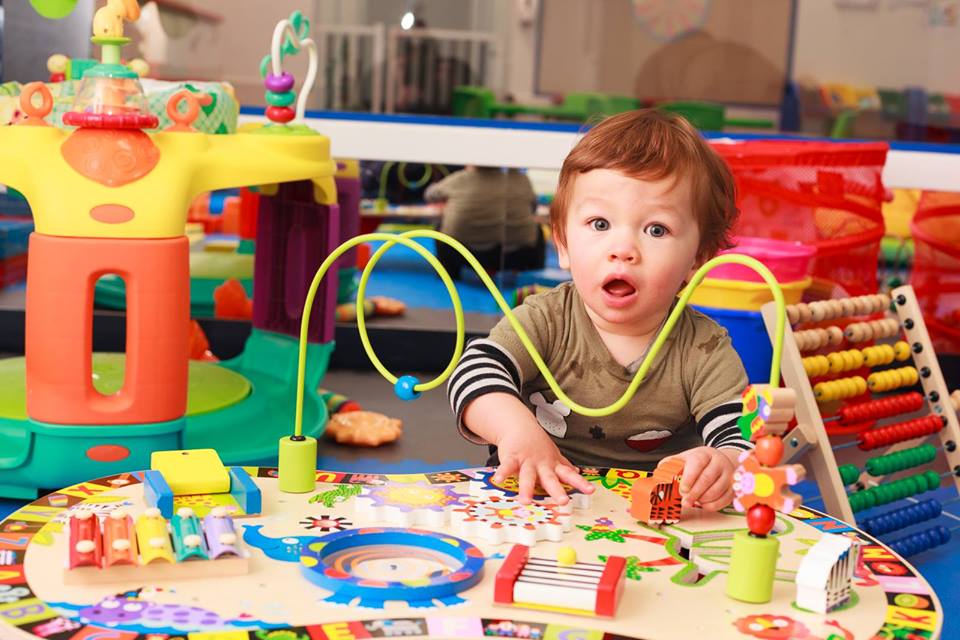On your mark. Get set. Go! Race season has begun and sprinting to the finish line is not just for grown-ups. You’ll find a host of fun runs and charity walks in Chicago for families looking to exercise together. We laced up our sneaks and set out to find the best, here’s a rundown of our favorite ways to close your Apple Watch fitness rings in 2022.
ONGOING
‘Go Runs
Park Districts and Chicago Area Runners Association have paired up to provide weekly timed runs. Make the runs a weekly event to explore new areas of Chicago while staying fit with your family. Strollers are welcome, so no baby gets left behind. Saturdays during spring & summer; Parks throughout Chicago. More info.
APRIL
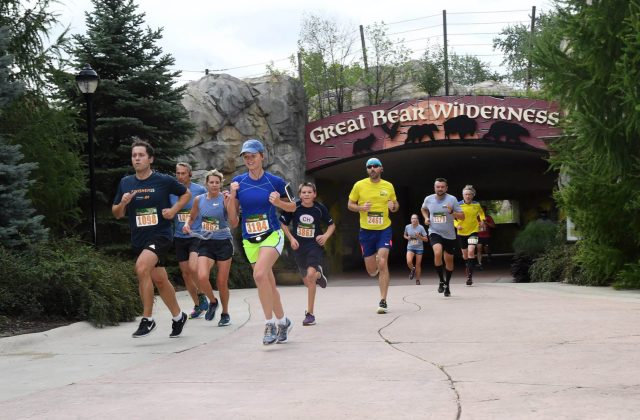
Bunny Rock 5K & Egg Hunt
Hop, skip and run for a great cause. You'll support the Red Door Animal Shelter while your gang runs or walks through this bunny-filled 5K. Afterwards, your candy lovers won’t want to miss the massive Egg Dash with 3,000 eggs. Apr. 16; Montrose Harbor, 601 W. Montrose Harbor, Uptown. More info.
Champion of Trees 10K at Morton Arboretum
Enjoy the first signs of spring on a challenging course with rolling terrain. After the run, stay for a complimentary beer, live music and free admission to the Arboretum. Apr. 23; Morton Arboretum, 4100 IL-53, Lisle. More info.
Best Buddies Friendship Walk at Soldier Field
Walk, support and celebrate best buddies at the Best Buddies Friendship Walk. The Friendship Walk is the number one walk in the country raising awareness and funds to support individuals with intellectual and developmental disabilities. Apr. 23; Soldier Field, 1410 Special Olympics Dr., Near Southside. More info.
2K Glow RunWalk
This 1.25-mile nighttime fun run featuring black bubble lights and color stations is not to be missed. Enjoy a rockin’ glow party with a DJ before and after the race. Maximize your glow by wearing as much white or neon as possible. Apr. 23; Ackerman Park, 800 S. Charles Rd., Glen Ellyn. More info.
Earth Day Run at Brookfield Zoo
Lace-up for the Earth Day Run – A Run for the Planet. This non-competitive 2.2 mile “fun run” through the twist and turns of Brookfield Zoo takes place during pre-park hours and is set up for all ages. Apr. 24; Brookfield Zoo, 3300 Golf Rd., Brookfield. More info.
JUNE
The Color Run 5K
Wear your whitest clothes because at every kilometer, you'll be doused from head to toe with colored powder. The fest at the end with music, dancing, activity booths, more color throws and photo opps will keep the whole family entertained. Jun. 4; Soldier Field, 1410 Special Olympics Dr., Near Southside. More info.
Cosley Zoo Run for the Animals
The Cosley Zoo Run for the Animals 5K, 10K & Kids’ 1/2 mile raises funds for the animals at Cosley Zoo as well as exhibit development projects, public programs and conservation projects. Jun. 4; Memorial Park, 208 W. Union Ave., Wheaton. More info.
Run for the Zoo
Run for the Zoo is an annual highlight on the Chicago running calendar and helps keep admission free, 365 days a year. The Kids' Course offers a more playful way for kids ages 3-8 to interact with the natural world. Jun. 5-13; Lincoln Park Zoo, 2001 N. Clark St., Lincoln Park; More info.
Move for the Kids Virtual 5K
Move for the Kids is a 3-mile walk and rally honoring the important work of Lurie's Children's Hospital. Jun. 12; Soldier Field, 1410 Special Olympics Dr., Near Southside. More info.
Lambs Farm Fun & Fit Family Day
This fun, family-oriented 5K fun run or 2-mile walk benefits Lambs Farm's programs and services that help adults with developmental disabilities. Stay afterward for post-run/walk refreshments, games and activities. Jun. 18; Lames Farm, 14245 W. Rockland, Libertyville. More info.
Outrun the Cops and Walk for Kids
Have you ever wondered if you could outrun the cops? Now's your chance to test your theories . . . with zero consequences. Most of this 10K or 5K run is along the scenic Des Plaines River Trail and you'll attempt to finish before the police. At the end, take photos with officers and squad cars. Jun. 25; Gurnee Police Station, 100 O'Plaine Rd., Gurnee. More info.
JULY
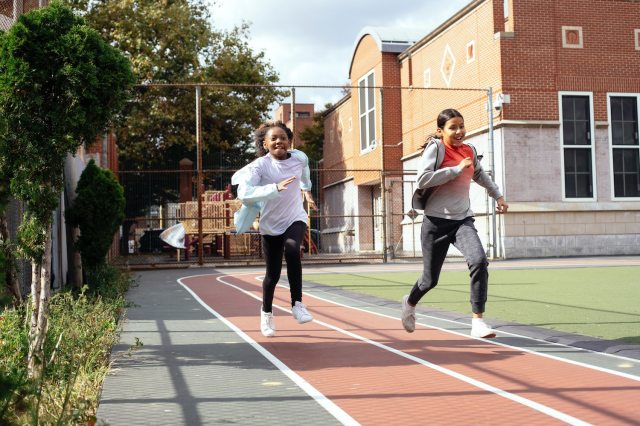
A Safe Haven Virtual 5k Run/Walk
This run/walk and kids’ dash, benefiting A Safe Haven social service agency, supports numerous housing, job placement/training and other programs for the homeless and less fortunate. Once you cross the finish line, you'll be rewarded with the sweet sound of music. Jul. 10-18; Virtual. More info.
AUGUST
Dim Sum & Then Some: Uptown 5K, 10K and Kids Dash
Proceeds for this run through Uptown benefit the low-income and refugee communities striving to learn English, become a citizen, enrich academically and socially and build a better community through work, entrepreneurship and mutual aid. Aug. 6; 1016 W. Argyle St., Uptown. More details.
TransPerfect Chicago Victory 5K
TransPerfect Chicago is hosting their Victory 5K featuring a scenic race with city views, a silent auction and a post-race celebration with food, beverages and entertainment. All proceeds benefit the V Foundation for Cancer Research. Aug. 11, Diversery Habor, 2601 N. Cannon Dr., Lakeview. More details.
Stan's Donut Run
Grab your donut-lovin’ friends and register for the 2022 Stan’s Donut Race! Join in for a 5K and Kids Dash at Montrose Harbor or participate virtually. Stan's Donut Race is proud to partner with Greater Chicago Food Depository as this year's beneficiary charity. Aug. 13; Soldier Field, 1410 Special Olympics Dr., Near Southside. More info.
Life Time Kids Tri Chicago
Rivaling the largest youth triathlons nationwide, the Life Time Kids Tri Chicago attracts more than 1,000 youth athletes every year! They can swim, bike and run like the grownups, but for shorter distances. Aug. 27; Foster Beach, Foster Avenue & Lake Shore Dr., North Side. More info.
SEPTEMBER
ZERO Prostate Cancer Run/Walk
More than 7,000 men in the Chicagoland area will be diagnosed with prostate cancer this year alone. The ZERO Prostate Cancer Run/Walk brings the community together to raise awareness and funds. This event features a 5K run/walk, 1-mile walk, Kids Superhero Dash for Dad, and virtual Snooze for Dudes program, where you can show your support without attending. Sep. 18; Diversey Harbor, 2601 N. Cannon Dr., Lakeview. More info.
OCTOBER
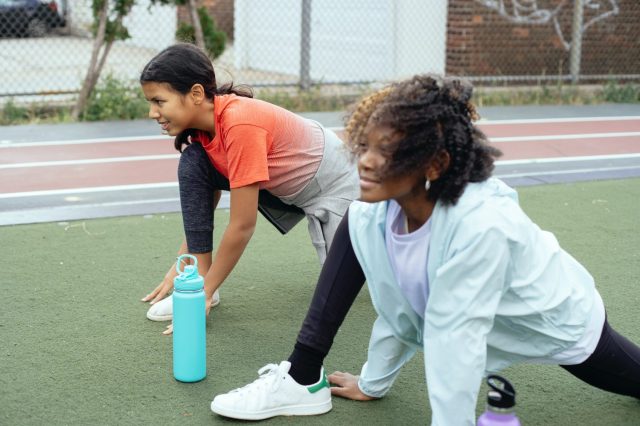
Walk Now for Autism Speaks
The no-pressure, three-mile walk is taking place in two locations, Soldier Field and Wheaton. The downtown walk takes you leisurely by the Field Museum and Shedd Aquarium and along the lakefront. Strollers—and even Radio Flyer wagons—are welcome.
Tip: Like all races, the environment at an Autism Speaks Walk can become overwhelming for people with sensory sensitivities. The Quiet Room can be used as a safe outlet should your loved one living with autism become overwhelmed. Oct. 22; Cantigny Park, 1S151 Winfield Rd., Wheaton & Oct. 23; Soldier Field, 1410 Museum Campus Dr., Museum Campus. More info.
Susan G. Komen Race for a Cure
The Susan G. Komen Race for the cure is an education and fundraising event that benefits breast cancer. The series of 5K runs and walks raises significant funds for the breast cancer movement, celebrates breast cancer survivorship and honors those who have lost their battle with the disease. Oct. 29; Soldier Field, 1410 Special Olympics Dr., Near Southside. More info.
NOVEMBER
Reindeer Run at Brookfield Zoo
Grab your glow sticks and running shoes and join Reindeer Run at Brookfield Zoo. With a two-mile course entirely within Brookfield Zoo, you and your family can "fun run" and be the first to see the zoo all decked out in lights for its Holiday Magic! Nov. 19; Brookfield Zoo, 3300 Golf Rd., Brookfield. More info.
— Maria Chambers
RELATED STORIES:
Gym (& Then Juice): 20 Spots Where Chicago Kids Can Build Strong Bodies
Sip, Sip, Hurray! The Best Local Juice & Smoothie Bars for Kids
Hit the Trails! Best Hikes with Kids No Matter the Season
